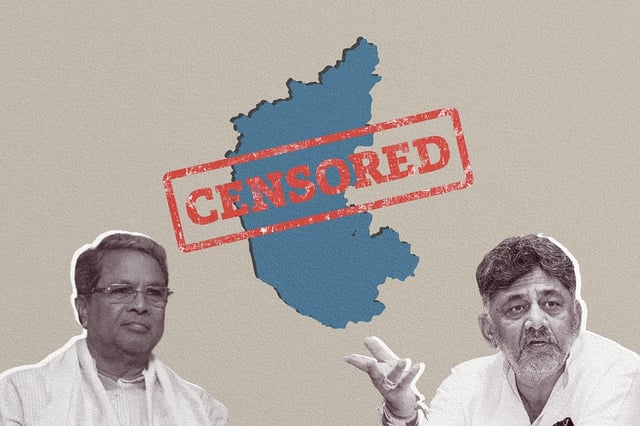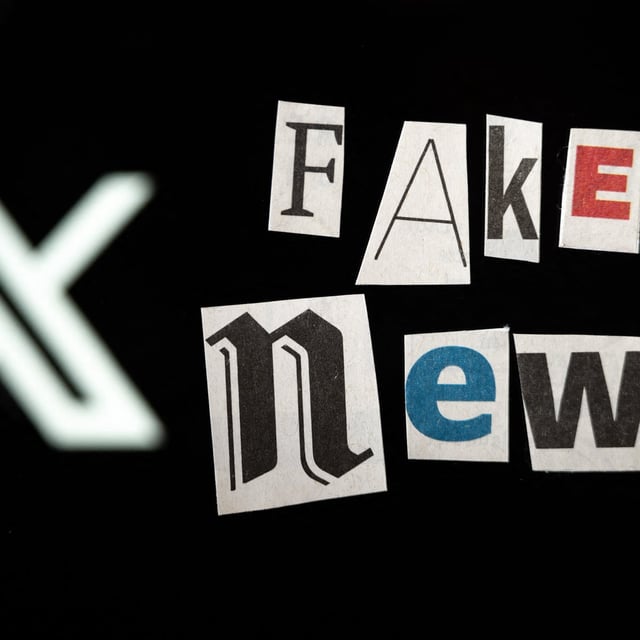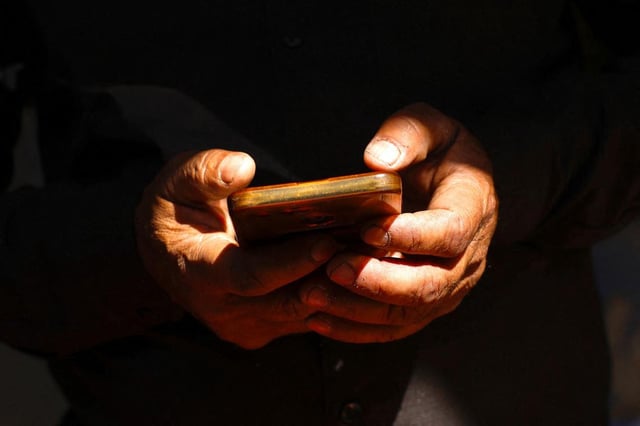Overview
- The draft legislation would punish online misinformation with jail terms ranging from two to seven years and possible fines.
- It defines prohibited content expansively, covering “fake news,” “anti-feminist” posts, promotion of superstition and other forms of mis-, dis- and malinformation.
- The proposal calls for special courts and a government-appointed regulatory authority empowered to label, order takedowns and block content without independent oversight.
- Civil liberties groups including the Internet Freedom Foundation and SFLC.in have published detailed critiques warning the bill’s vague language and sweeping powers could suppress dissent and independent journalism.
- Karnataka’s IT minister says the bill is at a preliminary stage and has been opened to inter-departmental review with a planned public consultation before moving forward.



